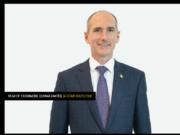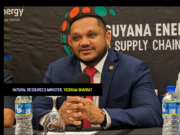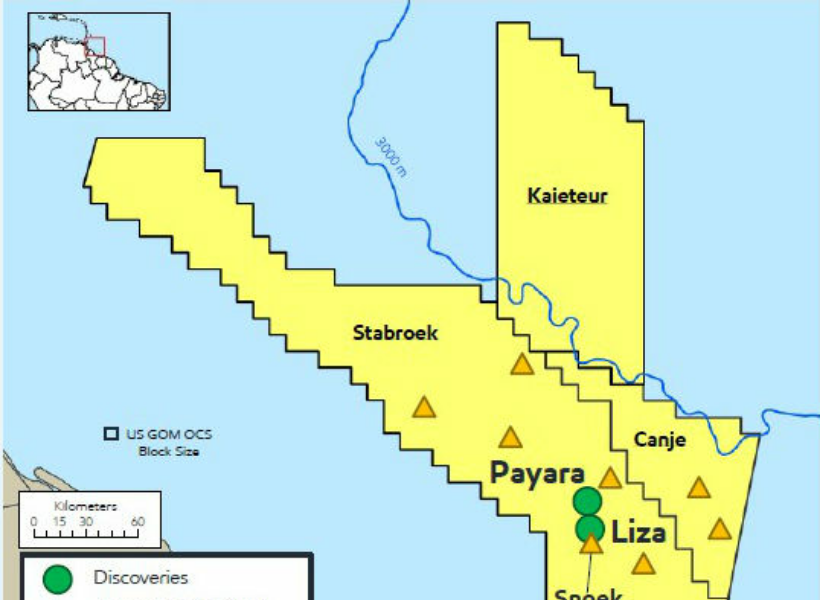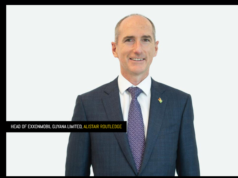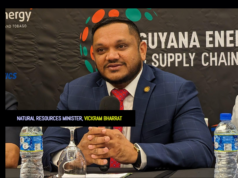Today marks the 18th death anniversary of former President and People’s National Congress Leader, Desmond Hoyte.
Current party leader and former President David Granger, today delivered a speech to pay tribute to his predecessor.
See full statement below:
The challenge of change
Forbes Burnham, the Founder-Leader of the People’s National Congress and the first Prime Minister and Executive President of Guyana, was always concerned about the changing conditions in the country and the Party’s response to contemporary challenges.
The PNC’s transition from a party in opposition to one in government required a change in leadership and stewardship. It was out of this realisation that Forbes Burnham – discerning the quality of “intellectual integrity” of the man who would be Leader and President – appointed Desmond Hoyte to a series of important portfolios.
Forbes Burnham saw the need for change after the first term in office ended with the 1968 general elections and Guyana prepared to embark on a course to become a republic. The majority of ministers from the original cohort changed.
Desmond Hoyte was appointed to the key portfolios of Minister of Home Affairs, 1969-1970; Minister of Finance, 1970-1972 and Minister of Works and Communications, 1972-1974. His appointments focused, thereafter, on the economy as Minister of Economic Development, 1974-1980 and Vice-President for Economic Planning and Finance after the 1980 general elections; he was re-designated Vice-President, Production in 1983.
Forbes Burnham, seeing the need for change after Dr Ptolemy Reid’s resignation in 1984, appointed Desmond Hoyte as Prime Minister. With the Founder’s death the next year, he succeeded as President and was elected President later in the 1985 general elections.
Desmond Hoyte, already in government for seventeen years, understood the necessity for change and embarked on the country’s economic transformation during his seven-year presidency from 1985 to 1992.
Desmond Hoyte was elected Party Leader at the 6th Biennial Delegates’ Congress in August 1985 but, as presidential candidate, was unsuccessful in three successive general and regional elections in 1992, 1997, and 2001. He was re-elected repeatedly as Party Leader from 1992 t0 2002 – a decade of discord – during which dissidents undermined the Leader’s authority and splintered the Party’s solidarity.
Desmond Hoyte’s 18th death anniversary which the Party now observes reminds us of his final address to the 13th Biennial Delegates Congress in 2002, four months before his death. It was an unintended epilogue to his political career. It was both a warning of the danger of disunity and a yearning for an understanding of the necessity for change at the start of this millennium. He used the word ‘change’ twenty-one times:
“Change is as necessary a part of politics as it is of life. Those who do not change become dinosaurs, irrelevant and, eventually, extinct. Change is as necessary a part of politics as it is of life. If we do not adapt to new circumstance, new challenges and new responsibilities we cannot survive, much less overcome.”
Desmond Hoyte’s emphases on ideological and political change were not misplaced. He understood the inevitability of change, as the Founder-Leader did a generation earlier, not as an instrument of self-enrichment or self-aggrandisement but of the Party’s progress and the people’s happiness.
Desmond Hoyte was a champion of change.
